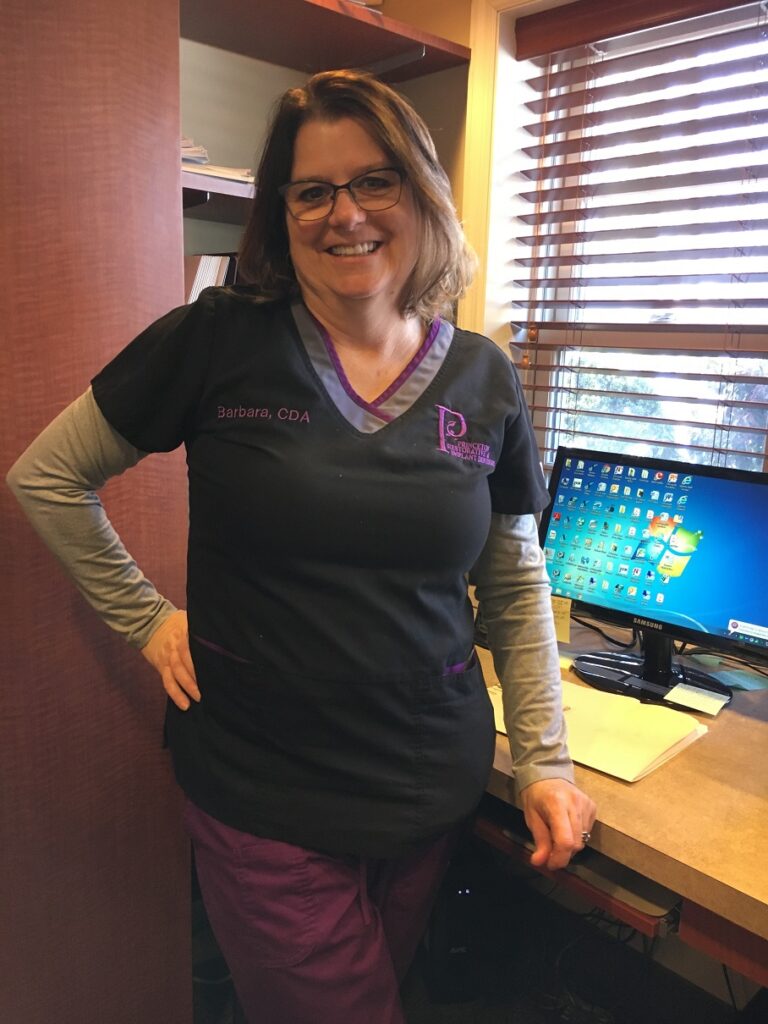Root Canal Recovery
March 27th, 2019

Anyone who has had a compromised tooth knows that the amount of discomfort it causes can be extremely unpleasant. Although no one looks forward to a root canal, this procedure is actually the best way to both eliminate pain and save your tooth. If the pulp inside your tooth is infected or damaged, a root canal is probably necessary.
The process is relatively straightforward and can take place over one or two visits to our Princeton, NJ office. The area around the tooth is numbed, the pulp is removed from the inside of the tooth, the area is thoroughly cleaned, and a temporary filling or crown is placed on the tooth to prevent bacteria and food from entering the site. A permanent crown will be fabricated and affixed to the tooth at a later visit.
Once your root canal is finished, recovery is usually only a matter of days. What can you to keep yourself as comfortable as possible during that time?
- The area around the affected tooth might be somewhat sore or sensitive for a few days. Let us know, and we can talk about medication to reduce pain and inflammation. If you are prescribed antibiotics, be sure to take the entire course of medication as directed.
- Taking an ibuprofen (if this is a pain reliever that is safe for you) before the anesthetic wears off will reduce the soreness in the hours immediately after the procedure.
- Wait until the numbness is gone before eating to avoid biting down on a temporary filling (or your tongue). Hot drinks are also best avoided.
- Avoid chewing on the side of the affected tooth until the restoration is complete. A soft diet is recommended for the first several days—chewy, sticky, and crunchy foods should wait.
- Continue with regular brushing and flossing.
- Call Dr. Stephen Hudis immediately if you experience severe pain or visible swelling, if you have an allergic response to medication, if your bite feels uneven, or if you lose the temporary filling.
Follow the instructions we’ll give you carefully, and feel free to call us with any concerns. We want to ensure that your root canal is as pain-free and worry-free as possible.







